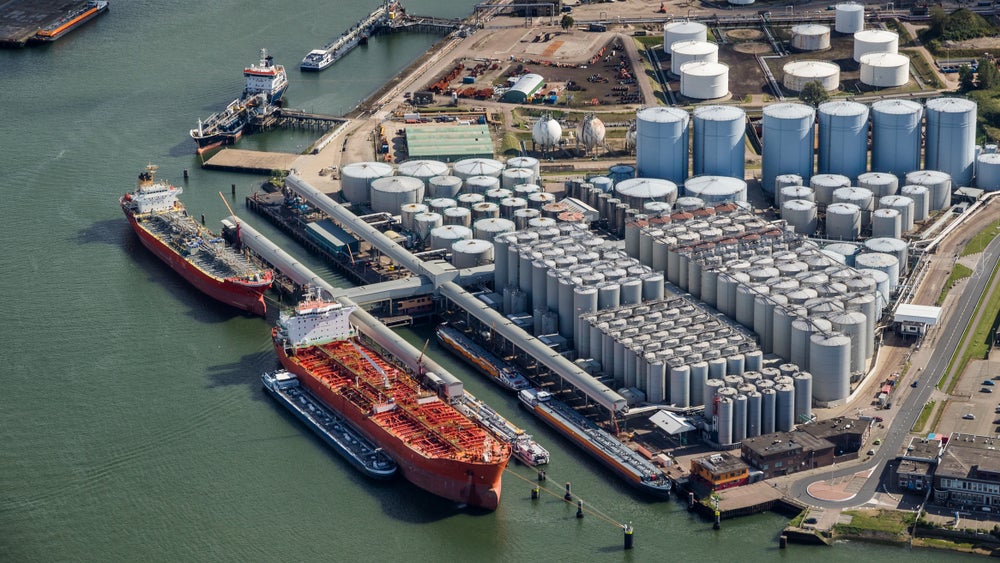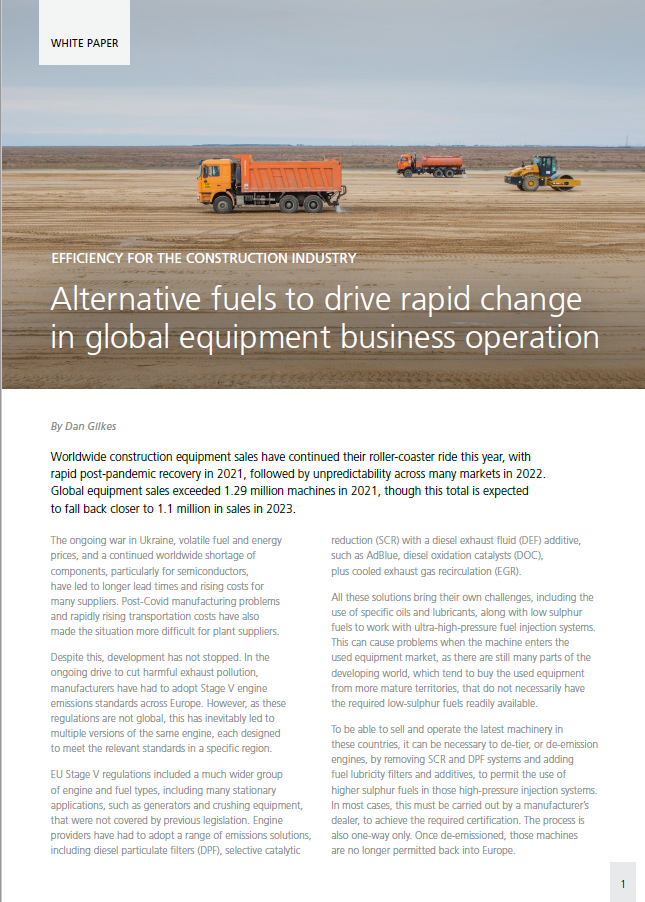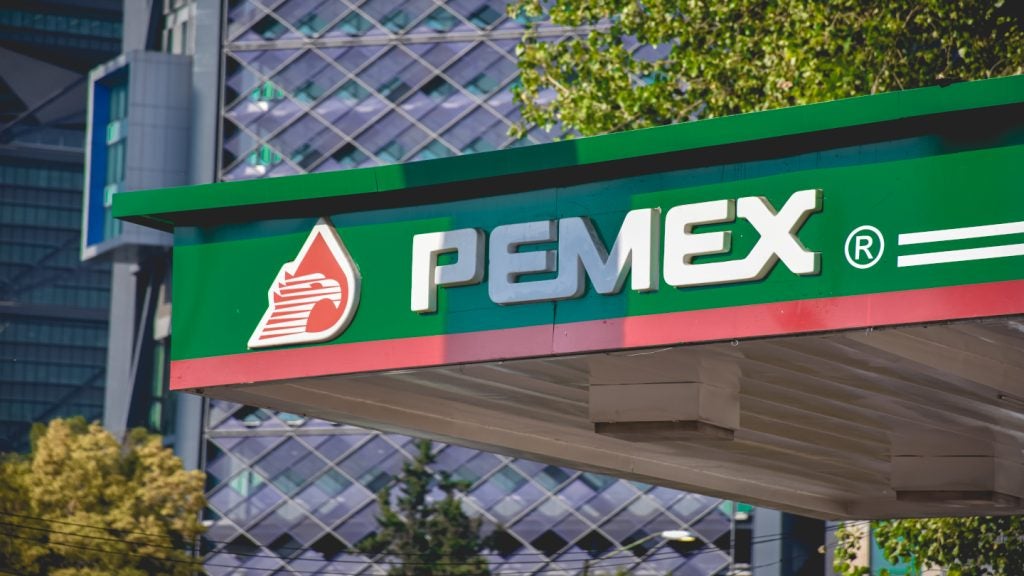
Fossil fuel imports by the UK from authoritarian petrostates leapt to $24.3bn (£19.3bn) in the year following Russia’s invasion of Ukraine, new analysis from climate activist NGO DeSmog finds.
In line with EU and G7 sanctions on Russian energy supplies, the UK government last year banned the purchase and imports of Russian crude oil and petroleum products. This directly resulted in an “upsurge of imports from other authoritarian regimes,” DeSmog has found.
How well do you really know your competitors?
Access the most comprehensive Company Profiles on the market, powered by GlobalData. Save hours of research. Gain competitive edge.

Thank you!
Your download email will arrive shortly
Not ready to buy yet? Download a free sample
We are confident about the unique quality of our Company Profiles. However, we want you to make the most beneficial decision for your business, so we offer a free sample that you can download by submitting the below form
By GlobalDataAccording to data from the UK’s Office for National Statistics, countries now supplying fossil fuels to the UK include Algeria, Bahrain, Kuwait, Libya, Qatar, Saudi Arabia, and the United Arab Emirates (UAE). The Economist Intelligence Unit’s Democracy Index, the research and analysis arm of The Economist, classes these seven countries as authoritarian. It judges this against five measures: civil liberties, electoral process, the functioning of the government, political participation of civilians and political culture.
At the end of May, the UK’s trade and business secretary Kemi Badenoch travelled to the Middle East to “boost trade ties” with the Gulf Cooperation Council (GCC), a six-county trade group comprising Bahrain, Kuwait, Oman, Qatar, Saudi Arabia, and the UAE. According to DeSmog, trade between the UK and the GCC hit a record high in 2022, a direct result of efforts to diversify imports of fossil fuels in the wake of Russian sanctions.
It appears that as imports of Russian oil and oil products to the UK fell to zero in January 2023, trade with other governments facing allegations of oppression and aggression has shot up. A significant body of academic research has found links between the functioning of petrostates – states that are economically dependent on fossil fuel production and trade – and an increase in domestic civil unrest and the likelihood to start wars.
“While cutting our dependence on Russian fossil fuels is both necessary and laudable – albeit with little actual choice – it is a half measure if only aimed at reducing fossil fuels from Russia,” Dominic Kavakeb from the human rights and environmental pressure group Global Witness told DeSmog. “Replacing Russian energy with fossil fuels from other authoritarian regimes, is at best short sighted, at worst a gross hypocrisy.”
In March, the Independent reported that the UK government’s energy import bill more than doubled to $147bn (£117bn) for 2022. Of this, $8.7bn (£6.9bn) worth of fossil fuel imports came from Qatar, $4.3bn (£3.4bn) from Saudi Arabia, $3.3bn (£2.6bn) from Kuwait and $3.1bn (£2.5bn) from the UAE.
Saudi Arabia has become an especially significant energy source for the UK following Russia’s invasion of Ukraine. Average monthly imports of fossil fuels from the state quadrupled from $63.7 (£50.4m) to $331.7m (£263.8m) in the year ending February 2023.
The Foreign, Commonwealth and Development Office has said the prevalence of arbitrary detention in Saudi Arabia, as well as incidence of torture, neglect, lack of medical care and solitary confinement, renders the country “a hallmark of authoritarian regimes”. Qatar, similarly in the spot light for alleged human rights abuses since its hosting of the FIFA World Cup last winter, has also seen a significant increase in profits from the UK market.
On top of this funding of authoritarian regimes lies the environmental issue. According to the International Energy Agency’s (IEA), to maintain the net-zero by 2050 scenario and limit global warming to below 1.5C, there must not be any new investment in fossil fuel supply projects from this year onwards. In March this year, the International Renewable Energy Agency said that By 2050, renewables must account for 91% of gross electricity generation, with fossil fuels down to 5% to maintain the 1.5°C target.
Most oil and gas companies have rejected these calls for rapid and immediate fossil fuel phase-outs, arguing that they are unachievable.








